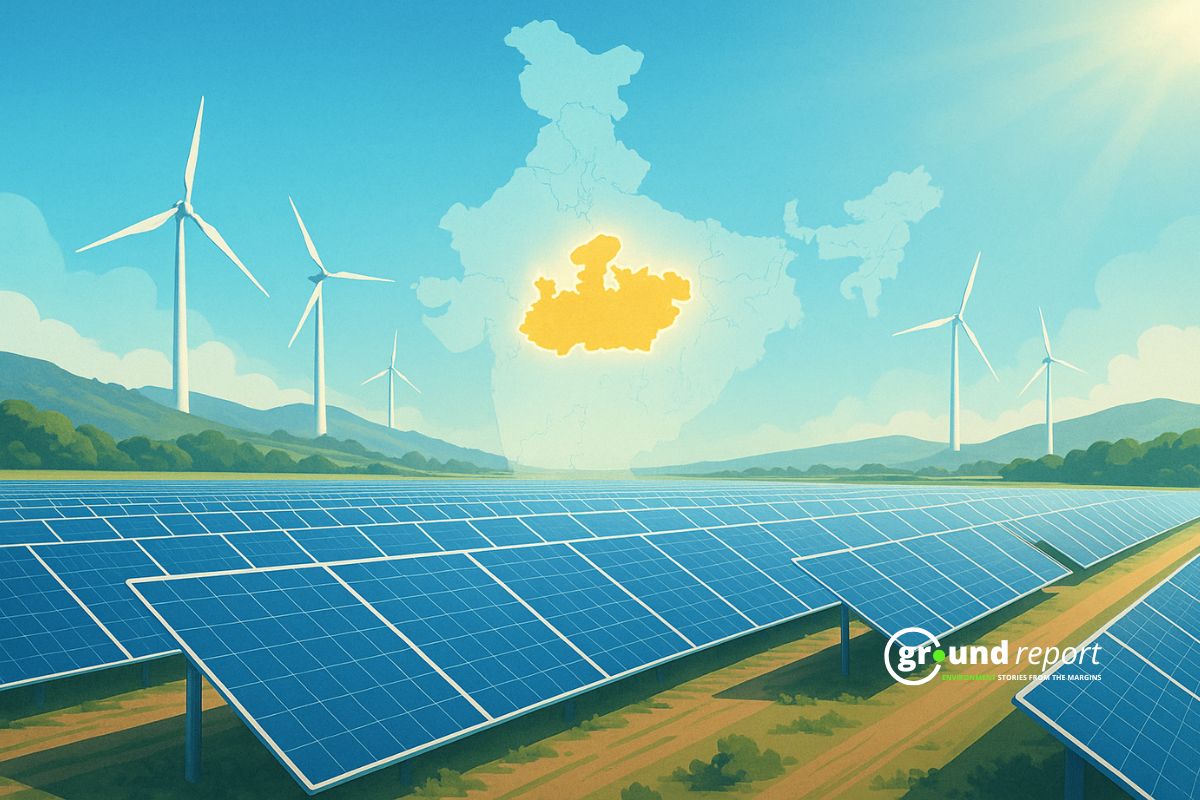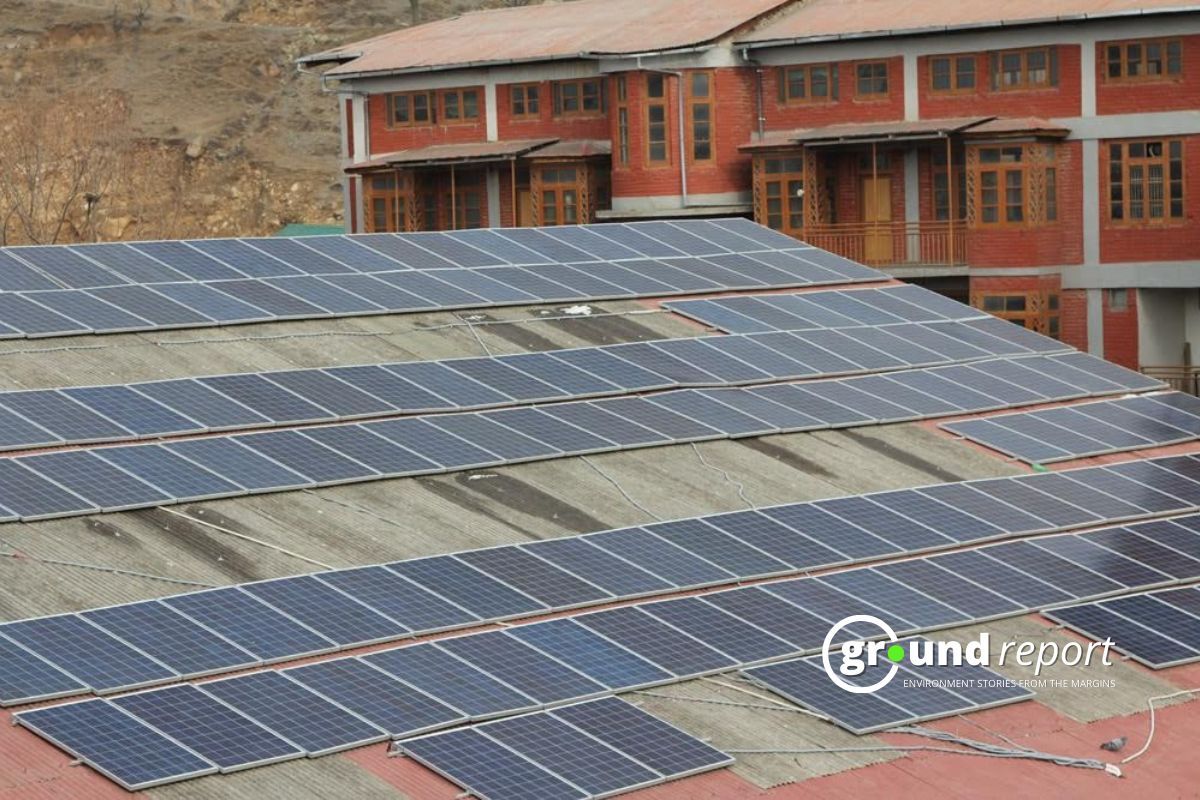India’s top-listed companies are reporting their environmental and sustainability performance as mandated by SEBI. However, a new assessment by the Centre for Science and Environment (CSE) found that these submissions lack critical details and relevant information.
In May 2021, SEBI launched the Business Responsibility and Sustainability Reporting (BRSR) initiative, requiring the top 1,000 listed companies to disclose non-financial data, including “environmental stewardship,” from 2021 to 2023. CSE reviewed 28 reports from 14 of these companies for the financial years 2021-22 and 2022-23.
In May 2021, SEBI launched the ‘Business Responsibility and Sustainability Reporting (BRSR)’ initiative, requiring the top 1,000 listed companies in India to disclose their non-financial data, including “environmental stewardship,” from 2021 to 2023. The BRSR framework mandates the disclosure of data for both the current and the previous financial year.
CSE reviewed 28 reports from 14 top companies for their assessment, titled “Strengthening Environmental Reporting under BRSR (Business Responsibility and Sustainability Reporting),” which focuses on the companies’ environmental actions and records.
Nivit Yadav, Programme Director of Industrial Pollution at CSE, stated, “We reviewed the reports for two consecutive years—2021-22 and 2022-23—and analyzed the data for three consecutive years: 2020-21 to 2022-23. We have aimed to strengthen the format to ensure quality data is available for use by policymakers and investors.”
Shobhit Srivastava, Deputy Programme Manager of Industrial Pollution at CSE, added, “We selected the 14 companies based on sector diversity and report availability. The selection was random to ensure broad representation.”
According to CSE, the problem lies in the BRSR format and questionnaire design, which allows incomplete information submissions. This undermines the initiative’s purpose: creating a robust reporting structure for Indian companies to aid investors’ decisions.
Key shortcomings identified
-
Consolidated company data vs unit-specific data: Averages that combine good and poor-performing units fail to represent a company’s true sustainability performance.
-
Lack of rationale: The current format makes it difficult to understand reasons behind reported parameter value changes.
-
Companies tweaking questionnaires: Some selectively provided, added, or deleted data to present information as per their convenience.
-
Critical indicators like water withdrawal, consumption, and discharge are listed as ‘voluntary’ rather than ‘mandatory.’
CSE Recommendations
-
Adopt a sector-specific approach, similar to international frameworks, to aid analysis and comparison.
-
Update the BRSR guidance document to clarify reporting requirements for parameters like air emissions.
-
Include CSE-suggested table formats for consistent data capture from companies.
-
Mandate separate accounting for non-hazardous and hazardous waste, including management and disposal details.
-
Require companies to report specific energy consumption (SEC) and specific water consumption (SWC) per unit of product to reflect overall efficiency.
Nivit Yadav, Programme Director at CSE, emphasized the importance of transparent environmental data sharing for investors’ decision-making in the era of climate change and resource scarcity. CSE hopes SEBI will consider its recommendations in the next review of the BRSR format and guidance note to strengthen corporate environmental reporting in India.
Support us to keep independent environmental journalism alive in India.
Keep Reading
What is Green Hydrogen? Could it change energy in South Asia?
Blue hydrogen is worst for climate: study
How Increasing space traffic threatens ozone layer?
Hydro Fuel Market: India’s current scenario and the future ahead
Natural Gas is a Misleading term, It is not Natural and clean at all
Follow Ground Report on X, Instagram and Facebook for environmental and underreported stories from the margins. Give us feedback on our email id greport2018@gmail.com.
Don’t forget to Subscribe to our weekly newsletter, Join our community on WhatsApp, and Follow our YouTube Channel for video stories.









